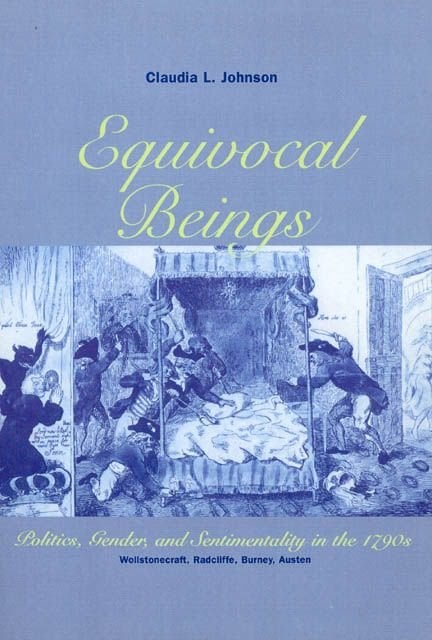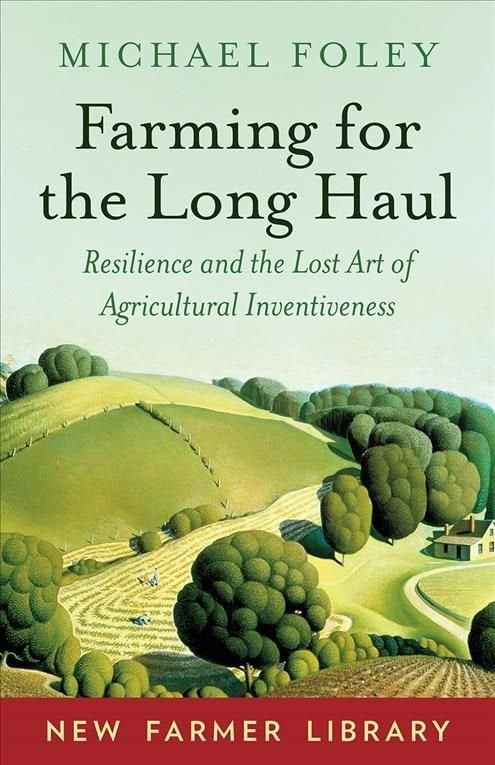
Equivocal Beings
In the wake of the French Revolution, Edmund Burke argued that civil order depended upon nurturing the sensibility of men&;upon the masculine cultivation of traditionally feminine qualities such as sentiment, tenderness, veneration, awe, gratitude, and even prejudice. Writers as diverse as Sterne, Goldsmith, Burke, and Rousseau were politically motivated to represent authority figures as men of feeling, but denied women comparable authority by representing their feelings as inferior, pathological, or criminal. Focusing on Mary Wollstonecraft, Ann Radcliffe, Frances Burney, and Jane Austen, whose popular works culminate and assail this tradition, Claudia L. Johnson examines the legacy male sentimentality left for women of various political persuasions. Demonstrating the interrelationships among politics, gender, and feeling in the fiction of this period, Johnson provides detailed readings of Wollstonecraft, Radcliffe, and Burney, and treats the qualities that were once thought to mar their work&;grotesqueness, strain, and excess&;as indices of ideological conflict and as strategies of representation during a period of profound political conflict. She maintains that the reactionary reassertion of male sentimentality as a political duty displaced customary gender roles, rendering women, in Wollstonecraft\'s words, \"equivocal beings.\"
£33.46
Similar Deals
Save 19%

Press Here! Chakras for Beginners
£11.99
£9.83
From Wordery
Save 21%

Vegan Yack Attack\'s Plant-Based Meal Prep
£16.99
£13.59
From Wordery

The Mata Book
£59.99
From Wordery
Save 14%

The Minimalist Home: A Room-By-Room Guide to a Decluttered, Refocused ...
£17.99
£15.61
From Wordery
Save 4%

Knock Knock What to Eat Pad
£6.95
£6.71
From Wordery

Theories of Childhood, Second Edition
£26.50
From Wordery
Save 27%

Air Plants: The Curious World of Tillandsias
£17.99
£13.24
From Wordery

Farming for the Long Haul
£15.99
From Wordery


